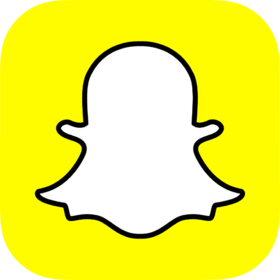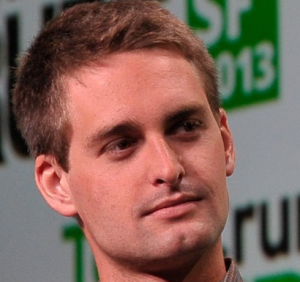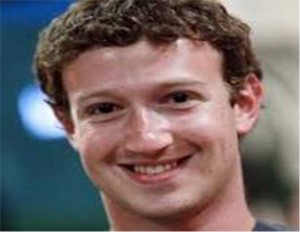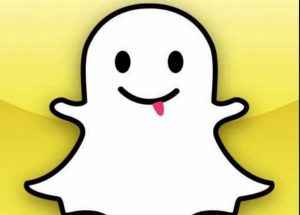
Facebook Challenger Snap is public now
| Snapchat | ||
| $ | $ | |
| Market Capitalisation | 395bn | 31bn |
| Funds Raised at IPO | 166bn | 3.4bn |
| Daily Active users | 1.3bn | 160m |
| Revenue 2016 | 27.6bn | 404m |
| Profit 2016 | 10.2bn | -515m |


Snapchat investor who have given a market value of more than $30bn hope it can effectively compete with Facebook on online advertising.
Evan Spiegel CEO of Snapchat stepped out of New York Stock Exchange, with his company’s retro-cool video enabled sunglasses breaking the titan’s dress code in his suit and rang the opening bell to loss making Snap’s first day as a public company.
Facebook’s Mark Zuberberg’s slogan on the first day of trading struck a chord among the investors
“ Our mission isn’t to be public company, but we aspire to make the world more open and connected.” Facebook was a profitable company when it went public.
Snap the owner of Snapchat popular with younger generation for its disappearing and timed messages and videos wants the first company to take-on Facebook.
Snap is allowing users to choose who they add carefully. Hoping people spend a lot more time on the app to communicate with close friends. Its disappearing photo messages allow people to chat with pictures, and being themselves for a change rather than creating an uncharted profile.
Snap’s young users aged mostly between 18-24, will be attractive to potential advertisers. Snapchat is like a private chat with selected friends while Facebook is like a public billboard.
In the first two and half years when Snapchat grew up in the shadow of Facebook, and when Facebook saw it as a significant threat they offered to buy it for $3bn, which was rejected. After this week’s IPO both Mr Spiegel and his co-founder Bobby Murphy are worth more than $4bn each. When Mark Zuckerberg could not buy the app – as he had with Instagram and WhatsApp- he asked his technical team to copy it, by introducing “stories” – collections of photos that last for 24 hours – to Instagram and “Status” in WhatsApp.
Snap is not the first company and not the last to try to break the duopoly of Google and Facebook which together had 650 per cent of the global digital advertising market.

